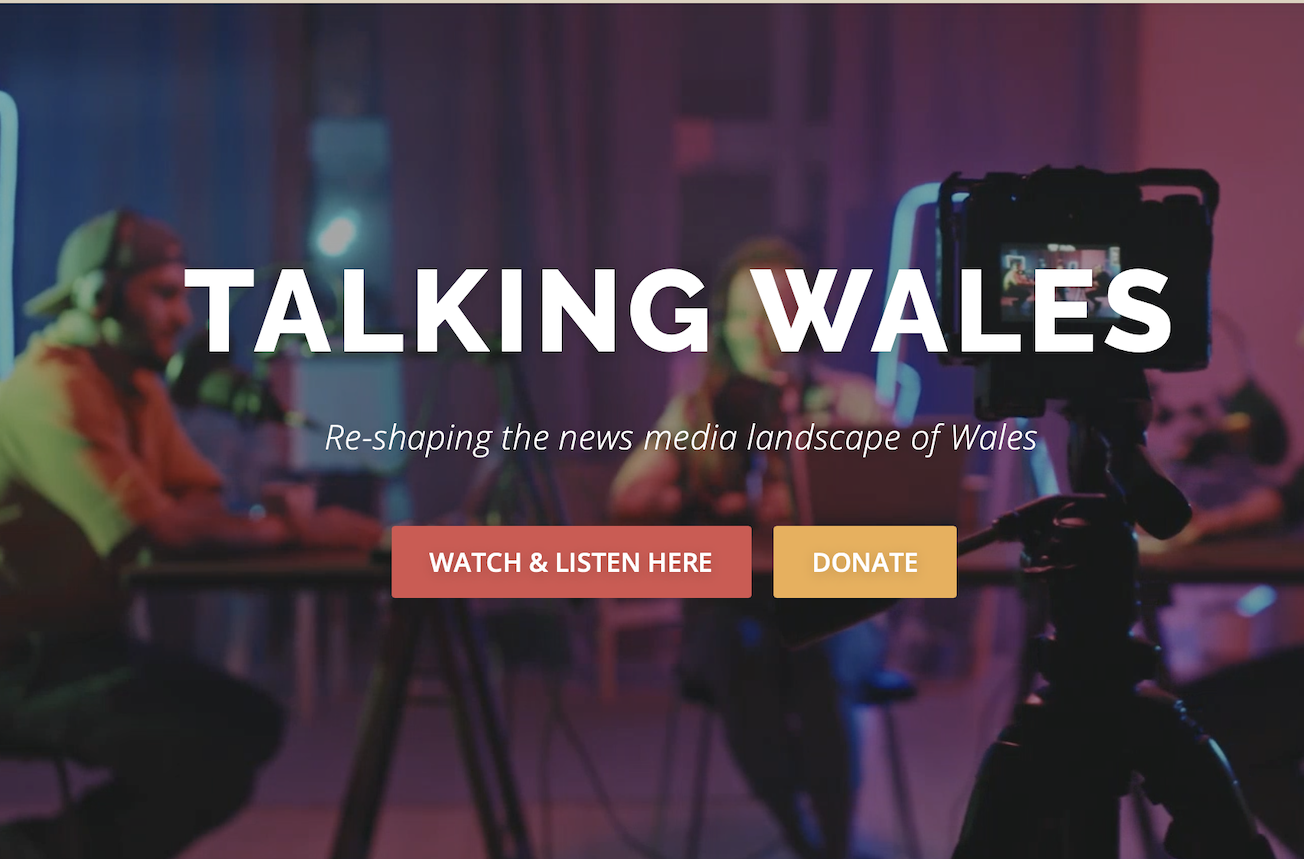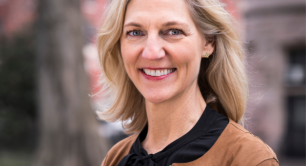The Impact World this Week: 6 June 2024
The most interesting news snippets from around the world sought out by the Pioneers Post team. This week: why deeper investment is needed in our oceans, microcredit funds target growth of ‘socio-bioeconomy’ in Brazil, and a social enterprise radio station launches in Wales.
Global: BlueOrchard, Circulate Capital, Developing World Markets and Schroders are new entrants in the 2024 best practice impact management leaderboard, published today by verification specialist BlueMark. The list is part of BlueMark’s fifth annual edition of Making the Mark, which features analysis of best practices and trends in impact management in the impact and sustainable investing marketplace. The report’s data is based on 111 verifications of impact management practices of investors managing a combined US$234bn in impact assets under management.
- Read about last year’s report: ‘Best in class’: BlueMark names 10 impact investors leading the field in impact management
Global: Impact funds are not raising enough money to protect the oceans, according to the latest report from impact consultancy firm Phenix Capital Group. Figures are based on Phenix’s impact database, which includes information from 2,798 funds that seek to create a measurable positive impact while targeting market-rate returns. The report finds that 164 impact funds – only 6% of the funds on the database – currently target the “blue economy”. They’ve raised €45bn so far – that’s well short of the €160bn a year needed to protect marine ecosystems. Just 58 funds are currently open for investment, with a capacity of €13bn.
Brazil: Two new credit funds will support the development of a “socio-bioeconomy” – where the protection of the environment creates economic growth that benefits local communities. The funds – inspired by microcredit and run by Fama Re.capital and Grupo Gaia – will provide affordable credit and guarantee schemes to local associations and co-operatives that could have a significant social and environmental impact but which can’t access mainstream finance. Fama Gaia Sociobioeconomia FIDC is already operational. The second fund, still in development, will focus on projects in the Amazon forest only.
UK: The performance of the Social Investment Tax Relief scheme remains way below initial expectations, despite a record £5.9m raised in 2022-23, according to new government figures. The tax relief scheme, which closed in April 2023, offered tax incentives to individuals to encourage them to invest in social enterprises. Nick Temple, CEO of social investor Social Investment Business, points out on Linkedin that this brings the total invested through the scheme to around £31m in nine years – while it was expected to unlock nearly £0.5bn over seven years when it was launched in 2014. The low uptake was one of the reasons why ministers ruled out extending the scheme further than 2023, with a government minister saying it “did not appear to be particularly attractive” to investors.
- Read more: UK minister rejects calls to extend ‘not particularly attractive’ social investment tax relief
Elsewhere in the media: Impact Europe has partnered for the second time with the Financial Times to produce a Special Report on impact investing. The series of articles include opinion pieces by industry leaders, case studies and deep dives on topics Pioneers Post readers will be familiar with – including impact measurement and the difference between ESG and impact.
UK: People with no investment experience can make good social investment decisions, a ‘participatory social investment’ pilot concludes. The 12-month long Vested project, run by social innovation charity Shift (which has now closed), looked at how people who have no investment experience, but have social proximity to communities or specific challenges, would be able to make meaningful social investment decisions. The experiment found that participants were consistently able to make sound investment decisions despite their lack of “expert” experience, and that this approach opened opportunities for collaboration and impact beyond traditional decision-making structures for social investment.

Wales: A social enterprise radio station launched this week, aiming to provide high-quality, public interest news content. Talking Wales broadcast its first show on 2 June, and plans to increase its output after a pilot period. Founder Huw Marshall is intending to use new technology, including artificial intelligence, to take a new approach to creating and distributing news, in order to reach new audiences while improving workflows and limiting costs. The multi-platform station is a Community Benefit Society – a form of co-operative which must reinvest profits for the benefit of the community. Marshall hopes that giving ownership of the station to local people will increase their engagement.



